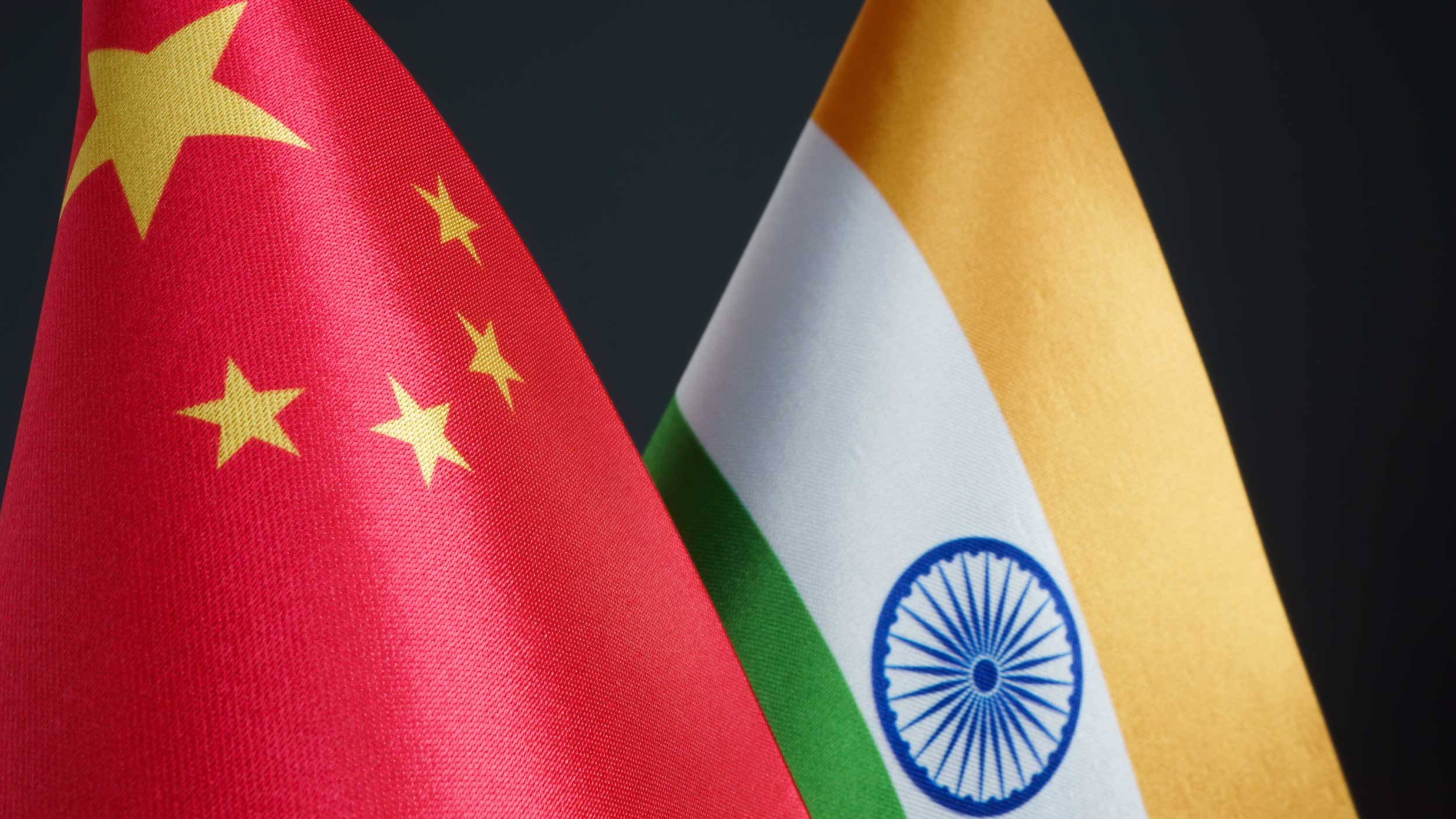
Asian and emerging market equities: Where next for investing?
Asian and emerging market equities offer investors diversification benefits, with our strategies focused on ideas in unloved areas of the market. Find out more.

A contrarian investor is an independent thinker who cares about the price they pay for an investment. They don’t mind going against market trends and sentiments, and typically buy assets that are out of favour, while selling those that are popular.
When you buy into businesses or industries that are facing temporary challenges, you increase the odds of buying them for much less than they’re worth. This can sometimes feel uncomfortable, but we believe focusing on the balance sheet strength of a company, for example the balance between outgoings versus income, can offer reassurance that there is some mitigation against potential risk of loss in an investment. Meanwhile, the potential return from capturing emerging trends or turnaround stories before others do can be very rewarding.
Valuation is our number one priority when considering an investment. When there’s lots of negative news around, it can often be a good time to buy, which might seem counter-intuitive.
But just like buying branded clothing when it’s on sale, this doesn’t mean investing in bad companies. Quite the contrary – we simply acknowledge that companies go through cycles, and human psychology or emotion can push the market into overly negative territory, where perception is, we believe, a far cry from reality. In other words: markets are often irrational, and herd mentality can cause assets to be mispriced.
Being a contrarian investor requires patience and a willingness to go against the market. It also needs a deep understanding of the market, the specific asset, and the underlying fundamentals.
We do the fundamental work and speak with company management to gauge where consensus is wrong. This gives us the confidence to lean into this perceived risk and buy potentially mispriced assets. The other side of the same coin is to avoid expensive assets during periods of euphoria.
The more complex and unpredictable the market backdrop, the more volatile and favourable the environment can be for contrarian investors. This is what we think makes Asia and emerging markets such a particularly fertile hunting ground for opportunities.
Asian equity index valuations are trading well below long-term historic averages, and at a significant discount to developed markets, particularly the US. We believe there is scope for this discount to narrow.
Asian economies enjoy relatively solid fundamentals, with potential for conditions to improve as expectations grow that central banks are ready to start reducing interest rates. Although concerns over the risk of US recession have been climbing, Asia’s growth prospects continue to compare favourably, with consensus earnings growth expectations of around 25% for 2024 and 15% for 2025. We believe that companies operating in Asian economies may see less earnings vulnerability from a global slowdown relative to what is being implied in valuations, although India appears to be an exception given already elevated expectations.
One area where pessimism appears to have become entrenched is China, where faltering demand in the property market and weak consumer confidence leave investors factoring in little chance of a recovery. This is despite abundant household savings and solid balance sheets, with recent government announcements suggesting a greater urgency to boost confidence and support growth. Should attitudes towards China start to see an improvement, they will be doing so from a low starting point, with depressed equity valuations likely to be very sensitive to signs that corporate fundamentals are starting to improve.
Investors need to consider many things when investing in Asia or emerging markets. While becoming hotbeds of consumption and innovation following decades of rapid industrialisation, investors must still be mindful of geopolitical risks and the global economic cycle. But with these economies enjoying stronger fundamentals, and governments across the wider region getting behind industry with pro-growth reforms and supportive measures, we believe Asia and emerging markets have some of the most exciting investment opportunities in the world.
Fiona Yang is a fund manager within the Henley-based Asian & Emerging Markets Equity team. Click the links below to find out more about the investment trust she co-manages and fund she manages:
Invesco Asia Trust plc
Invesco Asian Equity Income Fund (UK)
To find out more about our Henley-based Asian & Emerging Markets Equity team and the other products they manage, please explore the team page here.

Asian and emerging market equities offer investors diversification benefits, with our strategies focused on ideas in unloved areas of the market. Find out more.

William Lam, Co-Head Asian & EM Equities shares insights from the team on why they believe there is a contrarian opportunity in being overweight China and underweight India.

In Korea, corporate governance reforms look set to tackle the ‘Korea discount’ and improve shareholder returns and stock valuations. Find out more.
The value of investments and any income will fluctuate (this may partly be the result of exchange rate fluctuations) and investors may not get back the full amount invested.
The Invesco Asia Trust plc invests in emerging and developing markets, where difficulties in relation to market liquidity, dealing, settlement and custody problems could arise.
The use of borrowings may increase the volatility of the NAV and may reduce returns when asset values fall.
The Invesco Asia Trust plc uses derivatives for efficient portfolio management which may result in increased volatility in the NAV.
Data as at 22 August 2024 unless otherwise stated.
This is marketing material and not financial advice. It is not intended as a recommendation to buy or sell any particular asset class, security or strategy. Regulatory requirements that require impartiality of investment/investment strategy recommendations are therefore not applicable nor are any prohibitions to trade before publication.
Views and opinions are based on current market conditions and are subject to change.
For more information on our products, please refer to the relevant Key Information Document (KID), Alternative Investment Fund Managers Directive document (AIFMD), and the latest Annual or Half-Yearly Financial Reports. This information is available on the website.
If investors are unsure if this product is suitable for them, they should seek advice from a financial adviser.
EMEA 3810169